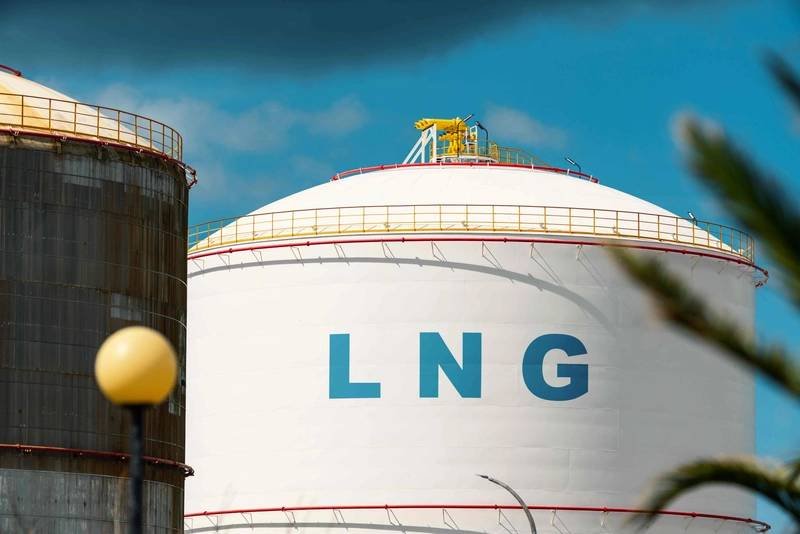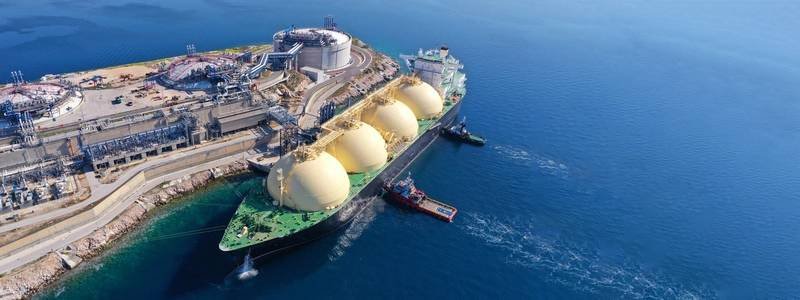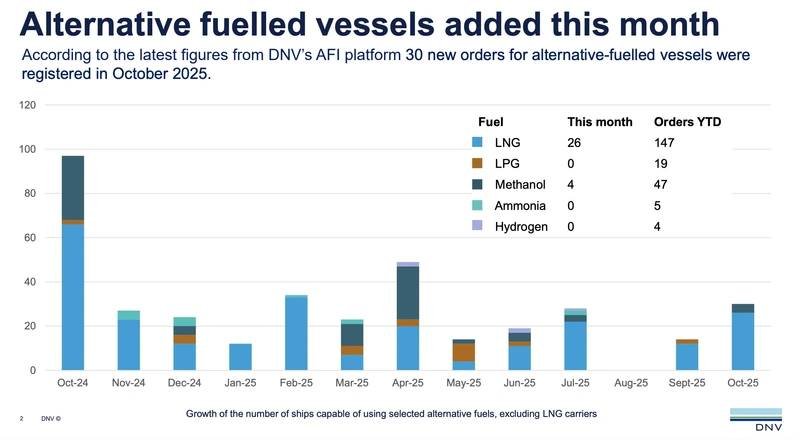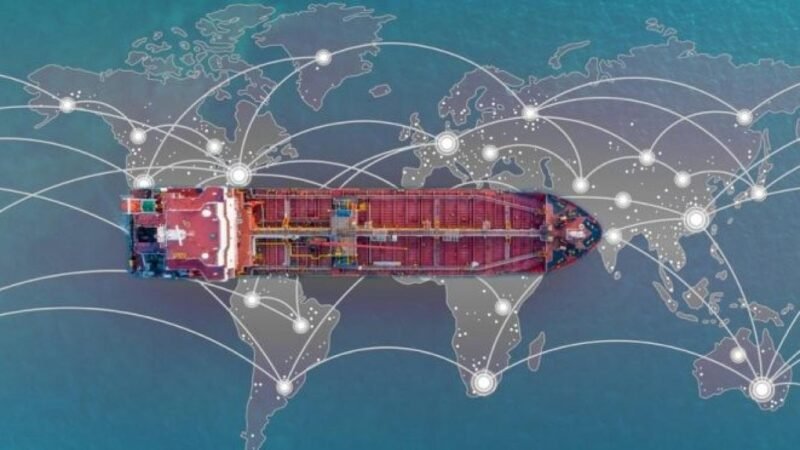Violent attacks in the Bab al-Mandab Strait have disrupted global energy trade, with no LNG tankers passing through since mid-January due to Houthi rebel attacks in Yemen. This has led to a fragmentation of the LNG market, forcing ships to reroute around Africa and limiting the pool of suppliers for buyers. As a result, it has become economically challenging to move fuel between the Atlantic and Pacific basins.
To save on transportation costs, retailers are storing shipments closer to production locations, a trend that is expected to increase as fuel demand rises. The fragmented market may make it difficult to redirect supply during plant outages or sudden demand spikes, potentially leading to higher prices or wider spreads between regions. Solutions include swapping cargoes between regions, such as forwarding U.S. LNG to Europe and finding equivalent supplies in Asia to meet contractual obligations.
The disruptions in the Red Sea and Panama Canal have further complicated LNG transportation, with alternative routes limited by factors like drought. Despite stable tanker charter costs so far, the situation may change as gas and shipping demand increase in the fall. The industry is closely monitoring developments as they navigate the challenges of a fragmented global LNG market.


















